Quite the reverse. Gerard van den Berg, owner-manager of Bergimex, a company with headquarters at Drunen in the Netherlands, believes that he can prove categorically that Chinese companies are able to supply good quality at reasonable prices. Every year his company, which was founded a little more than two years ago, puts together a collection of about 15 different articles designed to complement the assortment available in DIY stores. “This involves a wide range of products with good sales potential that you would not normally associate with the sector, such as ironing boards, party tables, shoe-polishing machines or clocks.” Van den Berg tracks down these products at trade fairs, where he takes a close look at everything in order to spot trends and interesting new lines.Gerard van den Berg, owner-manager of Bergimex, offers add-on ranges for the DIY distribution channel.In this respect, van den Berg’s predilection for China has an important part to play. Previously Chinese companies produced at full capacity and customers bought what came off the end of the production line. This process has in the meantime been reversed. “Nowadays the Chinese make what customers want, but you have to help them think things through and know which factors are important,” explains van den Berg. “If you specify exactly what you want, the products will be developed quickly and then manufactured with an incredible degree of accuracy. And it can all be arranged for a reasonable price through the appropriate channels,” he continues. Bergimex is responsible for the marketing and distribution side.The preconception that products “made in China” are only cheap junk is something that van den Berg is determined to dispel once and for all. “We do business, for example, with manufacturers that are also regular suppliers of large American chain stores. If they can supply American companies, they have to be good,” is his conclusion. “We do not charge dumping prices, but we do want to segment and use price as a weapon to penetrate new markets. It is, however, not our primary objective. We want to tap into traditional trade lines. There is a market for low-priced A-brands that have, for example, ISO, BS, NEN and DIN certificates of approval.”
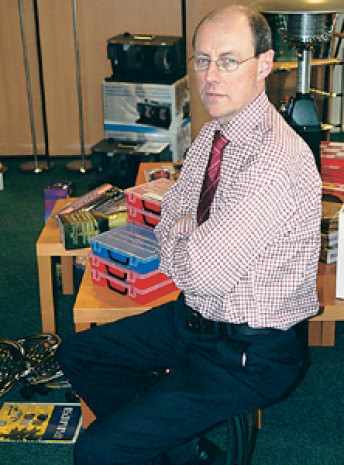

Quality made in China
Quite the reverse. Gerard van den Berg, owner-manager of Bergimex, a company with headquarters at Drunen in the Netherlands, believes

 Menü
Menü





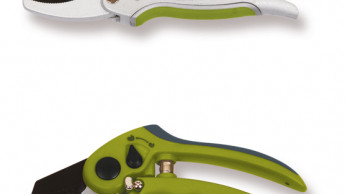
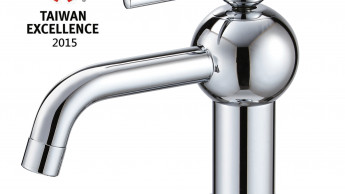
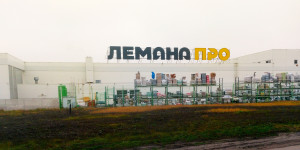


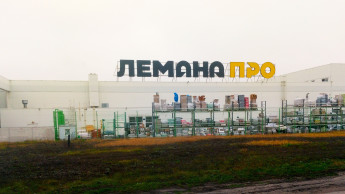
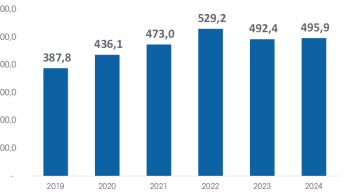
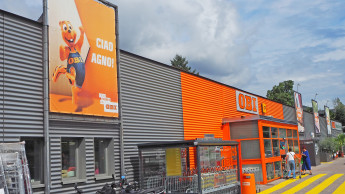
 Newsletter
Newsletter